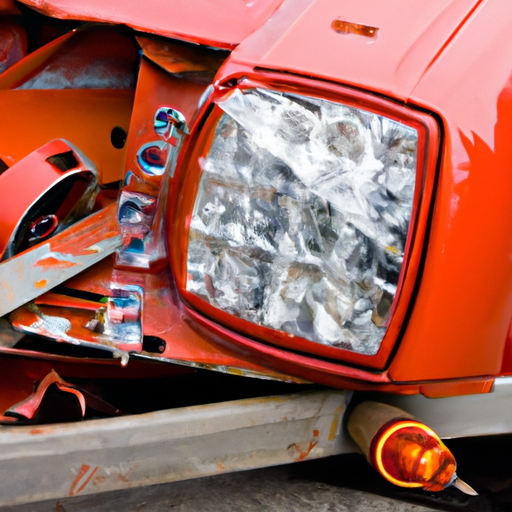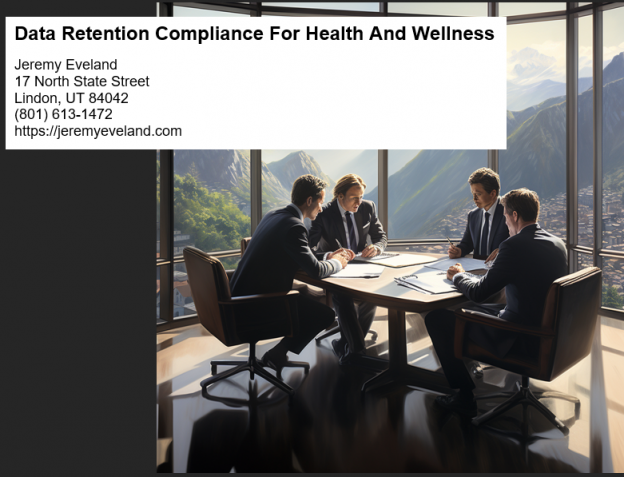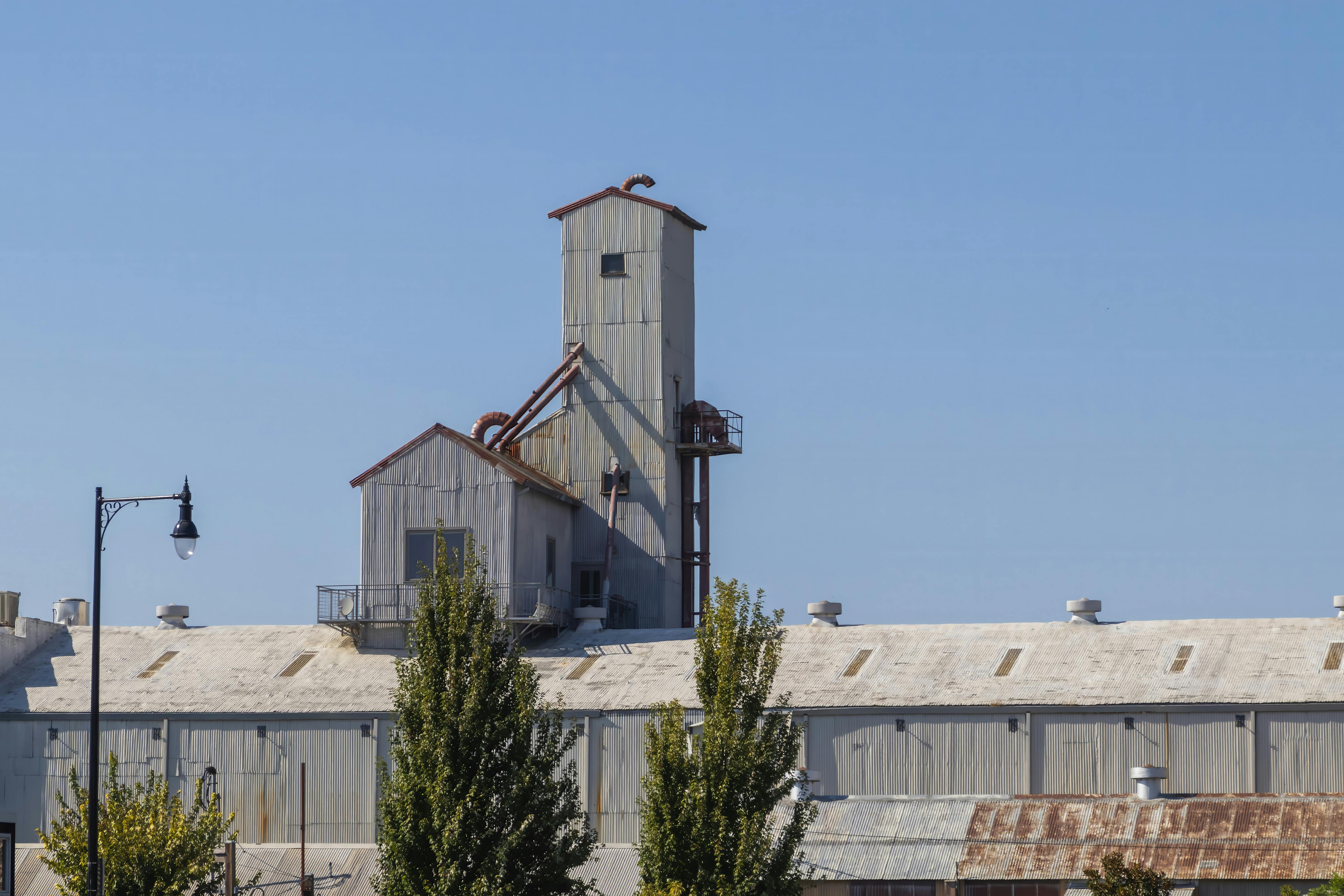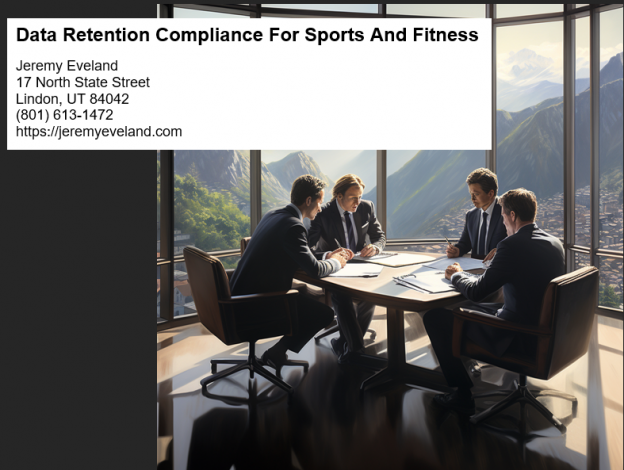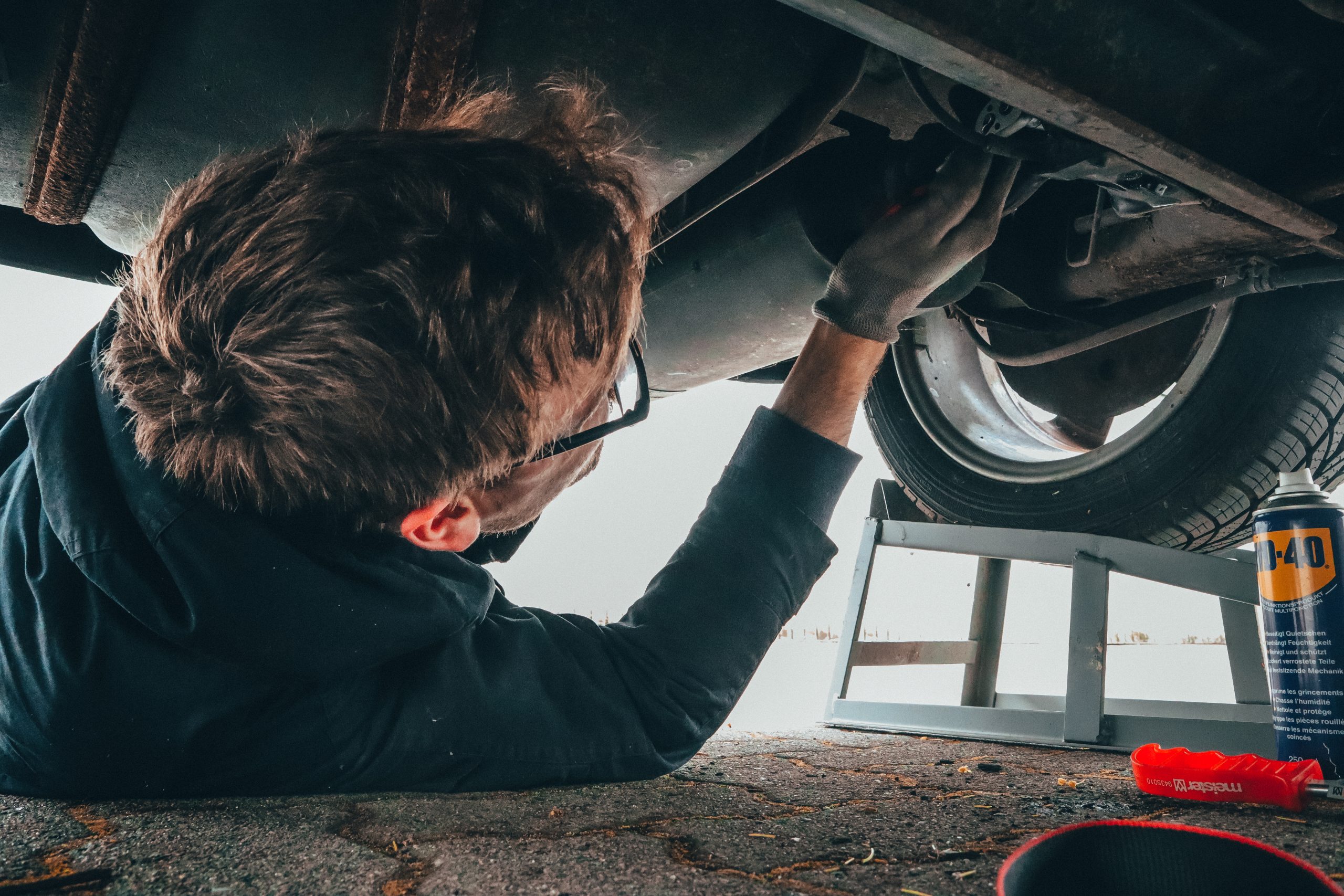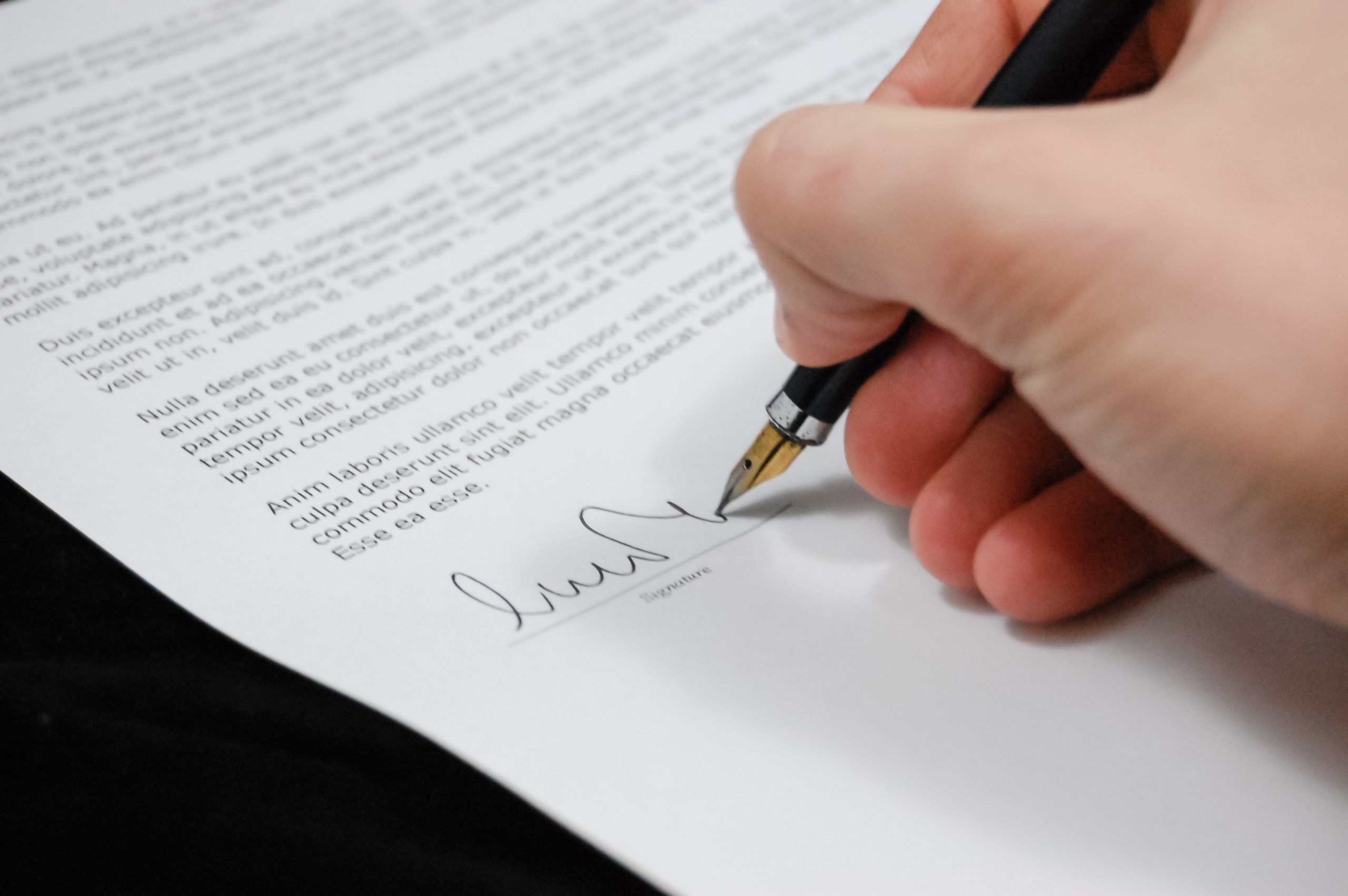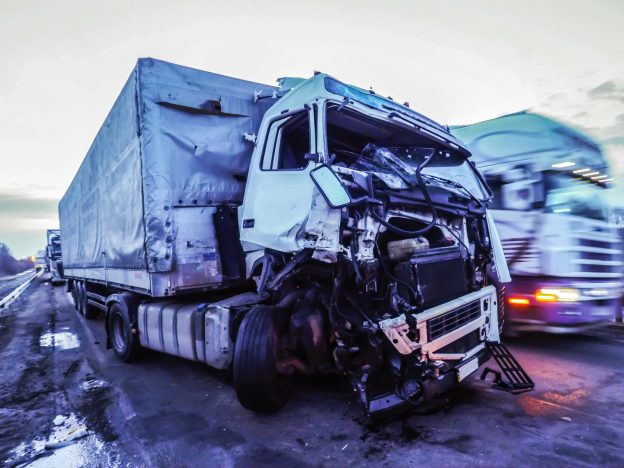Have you or a loved one been involved in a trucking accident in Wellsville, Utah? If so, it’s important to seek the guidance of a skilled truck accident lawyer who can protect your rights and fight for the compensation you deserve. When it comes to personal injury cases, especially those involving large commercial trucks, the stakes are high. That’s why it’s crucial to have an experienced attorney on your side who understands the intricacies of these complex cases. With their expertise, they can navigate the legal process for you, ensuring that you receive the justice and financial recovery you’re entitled to. Don’t stay silent and suffer in silence; reach out to a trusted truck accident lawyer in Wellsville, Utah and take the first step towards obtaining the justice you deserve.
Understanding Truck Accidents
Truck accidents can have devastating consequences, causing severe injuries and significant property damage. In order to navigate the legal process and protect your rights after a truck accident, it is important to have a clear understanding of the causes of these accidents, the different types of truck accidents, and the common injuries that can result.
Causes of Truck Accidents
Truck accidents can occur due to a variety of factors. Some common causes include:
-
Driver negligence: Truck drivers may engage in reckless behavior such as speeding, distracted driving, or driving under the influence of drugs or alcohol.
-
Fatigue: Truck drivers often work long hours and may become fatigued, leading to impaired judgment and slower reaction times.
-
Improper loading: Overloading a truck or improperly securing cargo can cause the truck to become unstable and increase the risk of an accident.
-
Equipment failure: Malfunctioning brakes, defective tires, or other equipment failures can cause the driver to lose control of the truck.
Types of Truck Accidents
Truck accidents can occur in various ways, each with its own unique challenges and risks. Some common types of truck accidents include:
-
Rollover accidents: These occur when a truck tips over onto its side or roof, often due to excessive speed or sharp turns.
-
Jackknife accidents: In a jackknife accident, the trailer of the truck swings out to form a 90-degree angle with the cab, resembling a folding pocket knife.
-
Underride accidents: An underride accident happens when a smaller vehicle collides with the rear or side of a truck and becomes lodged underneath it.
-
Blind spot accidents: Trucks have larger blind spots than smaller vehicles, making it easy for other drivers to go unnoticed and resulting in collisions.
Common Injuries in Truck Accidents
Truck accidents can cause severe injuries due to the size and weight disparity between trucks and other vehicles. Some common injuries that can result from truck accidents include:
-
Whiplash: The sudden impact of a truck collision can cause the neck to jerk back and forth, resulting in neck and shoulder injuries.
-
Fractures: The force of a truck accident can lead to broken bones, which may require surgical intervention and a lengthy recovery process.
-
Spinal cord injuries: Severe accidents can cause damage to the spinal cord, resulting in partial or complete paralysis.
-
Traumatic brain injuries (TBI): The head can sustain significant trauma in a truck accident, leading to concussions or more serious traumatic brain injuries.
It is important to seek immediate medical attention after a truck accident, even if you do not initially feel any pain or symptoms. Some injuries, such as internal bleeding or organ damage, may not be immediately apparent and can worsen if left untreated.
How a Truck Accident Lawyer Can Help
After a truck accident, it is crucial to consult with an experienced truck accident lawyer who can guide you through the legal process and advocate for your rights. A skilled lawyer can provide assistance in the following ways:
Determining Liability in a Truck Accident
One of the key tasks of a truck accident lawyer is to establish liability for the accident. This involves investigating the circumstances of the accident, reviewing evidence such as accident reports and witness statements, and determining who may be at fault. Liability may rest with the truck driver, the trucking company, the manufacturer of faulty equipment, or other responsible parties.
Collecting Evidence and Building a Strong Case
A truck accident lawyer will gather and analyze evidence to build a strong case on your behalf. This can include obtaining accident reports, collecting photographs or videos from the scene, consulting with accident reconstruction experts, and interviewing witnesses. By presenting a compelling case, your lawyer can help maximize your chances of obtaining fair compensation for your injuries and damages.
Negotiating with Insurance Companies
Dealing with insurance companies after a truck accident can be overwhelming and complex. Insurance adjusters may try to settle your claim for less than it is worth or deny your claim altogether. A truck accident lawyer will handle all communication and negotiation with the insurance company on your behalf. They will fight for your rights and work to ensure you receive the compensation you deserve.
Litigating a Truck Accident Case in Court
If a fair settlement cannot be reached through negotiation, a truck accident lawyer will be prepared to take your case to court. They will advocate for your rights in front of a judge and jury, presenting evidence and arguing on your behalf. Having a skilled litigator by your side can greatly increase your chances of achieving a favorable outcome in court.
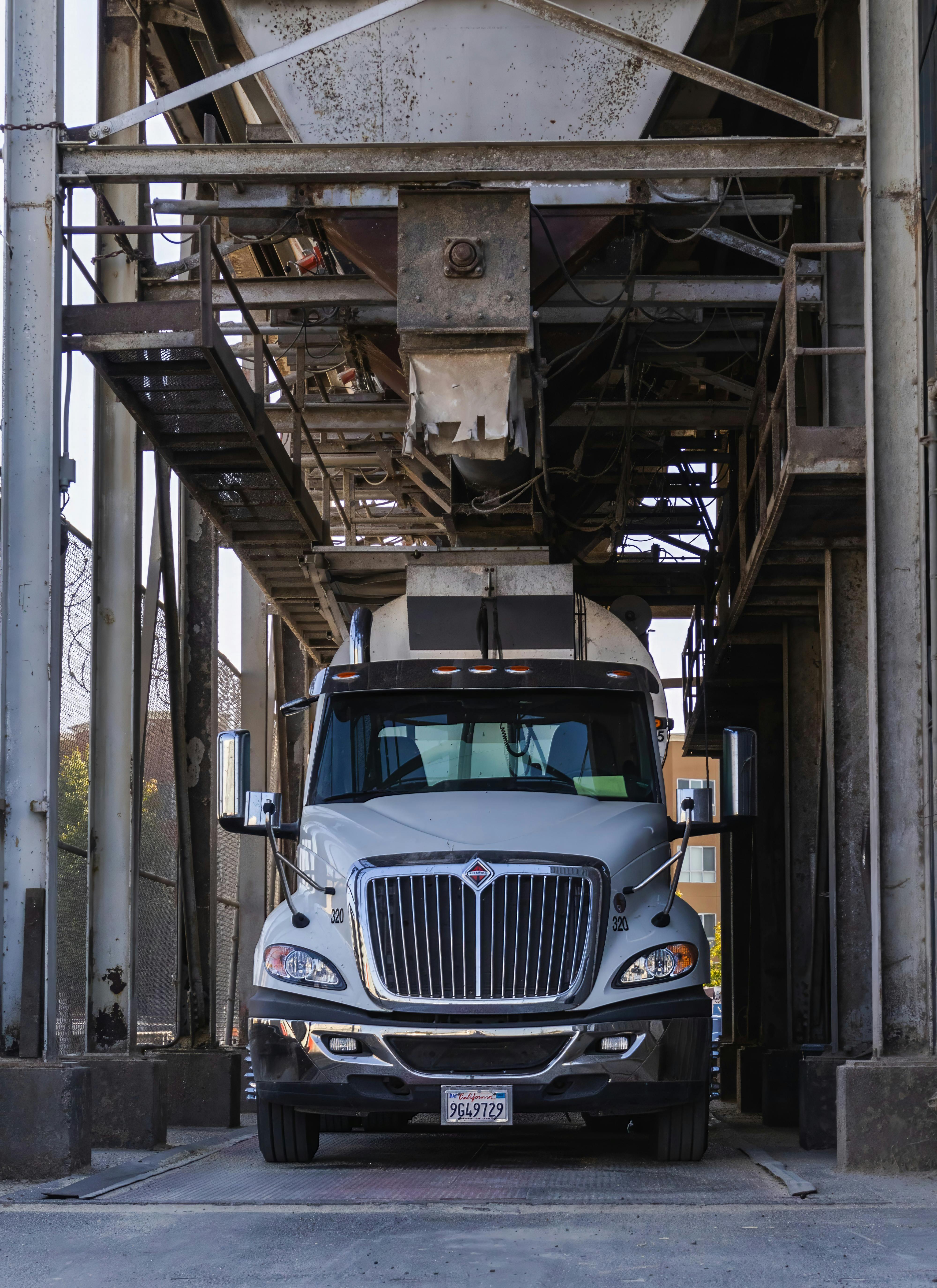
Finding the Right Truck Accident Lawyer
Finding the right truck accident lawyer is essential to ensuring that your interests are protected throughout the legal process. When searching for a lawyer, consider the following factors:
Experience and Expertise in Truck Accident Cases
Choose a lawyer who specializes in truck accident cases and has extensive experience in handling similar claims. Trucking accidents involve unique legal challenges and regulations, and a knowledgeable attorney will be well-versed in these complexities.
Track Record of Success
Look for a lawyer with a strong track record of success in obtaining favorable outcomes for their clients. This can be an indicator of their skill and effectiveness in handling truck accident cases.
Availability and Responsiveness
A good truck accident lawyer should be accessible and responsive to your needs. They should promptly return your calls, answer your questions, and keep you informed about the progress of your case.
Client Testimonials and Reviews
Read client testimonials and reviews to get a sense of the lawyer’s reputation and the level of satisfaction among their past clients. This can provide valuable insight into their professionalism, communication style, and overall quality of service.
By carefully evaluating these factors, you can find a truck accident lawyer who is not only qualified but also a good fit for your specific needs and preferences.
Steps to Take after a Truck Accident
If you are involved in a truck accident, it is important to take the following steps to protect yourself and your legal rights:
Seeking Immediate Medical Attention
Your health and well-being should be your top priority after a truck accident. Even if you believe your injuries are minor, it is crucial to seek medical attention as soon as possible. Some injuries may not be immediately apparent, and prompt medical evaluation can help identify and address any hidden injuries.
Reporting the Accident to the Authorities
Contact the police and report the accident immediately. The police will create an accident report, which will be a crucial piece of evidence when filing a personal injury claim.
Gathering Information at the Accident Scene
If you are physically able, gather information at the accident scene that may be useful in your claim. This includes taking photographs of the vehicles involved, collecting contact information from other parties and witnesses, and noting any relevant details or observations.
Notifying the Insurance Company
Promptly notify your insurance company about the accident. Provide them with the necessary details regarding the accident and any injuries you sustained. However, it is important to avoid giving any recorded statements or accepting a settlement offer without consulting with a truck accident lawyer first.
Consulting with a Truck Accident Lawyer
Contact a reputable truck accident lawyer as soon as possible. They will guide you through the legal process, protect your rights, and help you navigate the complexities of your claim.
Filing a Personal Injury Claim
If you have been injured in a truck accident due to the negligence or wrongful actions of another party, you may be entitled to compensation through a personal injury claim. However, it is important to understand the following key aspects of filing a claim:
Understanding Personal Injury Laws
Each jurisdiction has its own personal injury laws that govern the legal process for seeking compensation. It is important to consult with a truck accident lawyer who is familiar with the laws specific to your area.
Deadlines for Filing a Claim
There are strict deadlines, known as statutes of limitations, for filing a personal injury claim. These deadlines vary by jurisdiction, but in general, it is crucial to take prompt action after a truck accident to ensure you do not miss your opportunity to seek compensation.
Compensation Available in a Truck Accident Case
Through a personal injury claim, you may be eligible to receive compensation for various damages, which can include:
-
Medical expenses: This includes the cost of medical treatment, hospital stays, medication, surgeries, and rehabilitation services.
-
Lost wages: If your injuries prevent you from returning to work, you may be entitled to compensation for the income you have lost and any future loss of earning capacity.
-
Pain and suffering: Compensation may be available for the physical and emotional pain and suffering you have endured as a result of the accident.
-
Property damage: You may be reimbursed for the repairs or replacement of your vehicle and any personal property that was damaged in the accident.
-
Wrongful death: If a loved one was killed in a truck accident, you may be able to pursue a wrongful death claim to seek compensation for funeral expenses, loss of financial support, and other damages.
The specific amount of compensation you are eligible to receive will depend on the unique circumstances of your case.
Dealing with Insurance Companies
When pursuing a personal injury claim after a truck accident, you will likely have to interact with insurance companies. It is important to be aware of the following aspects of this process:
How Insurance Companies Evaluate Truck Accident Claims
Insurance companies evaluate truck accident claims by considering various factors, including the severity of the injuries, the extent of property damage, and the liability of the parties involved. They may also take into account any comparative negligence on the part of the injured party.
Tactics Used by Insurance Adjusters to Minimize Payouts
Insurance adjusters are often focused on minimizing the amount they need to pay out in claims. They may use various tactics to achieve this, including offering low settlement amounts, disputing the extent of your injuries, or attempting to shift blame onto you. This is why it is crucial to have legal representation to protect your rights and advocate for fair compensation.
Importance of Legal Representation when Dealing with Insurance Companies
Having a truck accident lawyer by your side when dealing with insurance companies is essential. Your lawyer will handle all communication with the insurance company, ensuring that your rights are protected, and that you are not taken advantage of. They will work to negotiate a fair settlement on your behalf or, if necessary, take your case to court to ensure you receive the compensation you deserve.

Proving Negligence in a Truck Accident Case
In order to successfully pursue a personal injury claim after a truck accident, it is important to establish negligence on the part of the responsible party. This involves proving certain elements:
Elements of Negligence
To prove negligence, you must demonstrate the following elements:
-
Duty of care: The responsible party owed a duty of care to you. In truck accident cases, this typically means that the truck driver and/or the trucking company had a duty to operate the vehicle safely and follow all applicable regulations.
-
Breach of duty: The responsible party breached their duty of care through negligent or reckless actions, such as speeding, distracted driving, or failing to properly maintain the truck.
-
Causation: The breach of duty directly caused your injuries. You must establish a causal link between the negligence of the responsible party and the harm you have suffered.
-
Damages: You incurred damages as a result of the accident, such as medical expenses, lost wages, and pain and suffering.
Gathering Evidence to Establish Negligence
Establishing negligence requires gathering and presenting evidence to support your claim. This can include accident reports, witness statements, photographs or videos of the accident scene, expert opinions, and medical records. A truck accident lawyer will conduct a thorough investigation to collect and analyze this evidence, building a strong case on your behalf.
Expert Witnesses in Truck Accident Cases
Expert witnesses can play a crucial role in truck accident cases. They can provide specialized knowledge and professional opinions that can help establish negligence and support your claim. Expert witnesses may include accident reconstruction specialists, medical professionals, and experts in trucking regulations.
Recovering Damages in a Truck Accident Lawsuit
If you decide to pursue a truck accident lawsuit, you may be eligible to receive various types of damages as compensation for your injuries and losses. Understanding these types of damages is important:
Types of Damages Available in Truck Accident Cases
-
Economic damages: These are tangible financial losses resulting from the accident, such as medical expenses, property damage, and lost wages.
-
Non-economic damages: These are intangible losses, such as pain and suffering, emotional distress, and loss of enjoyment of life.
Calculating Economic and Non-economic Damages
Calculating economic damages involves adding up the actual financial losses incurred as a result of the accident, such as medical bills and lost wages. Non-economic damages, on the other hand, are more subjective and can vary depending on factors such as the severity of the injuries, the impact on your quality of life, and expert testimony. A truck accident lawyer will work to ensure that all relevant damages are considered and accurately quantified in your claim.
Punitive Damages in Truck Accident Cases
In certain situations, you may be eligible to receive punitive damages in addition to compensatory damages. Punitive damages are meant to punish the responsible party for their particularly reckless or egregious behavior and to deter similar misconduct in the future. These damages are typically awarded in cases where the actions of the defendant were intentional or involved a conscious disregard for the safety of others.

Common Challenges in Truck Accident Cases
Truck accident cases can present unique challenges due to various factors. Some common challenges include:
Determining Liability in Multi-vehicle Accidents
In cases involving multiple vehicles, determining liability can be complex. It may be necessary to conduct a thorough investigation to determine the role each party played in causing the accident and allocate fault accordingly.
Complexity of Trucking Regulations
Trucking accidents often involve complex federal and state regulations that govern the industry. These regulations can include hours-of-service requirements, weight limits, and maintenance standards. Proving a violation of these regulations can be crucial in establishing negligence.
Vicarious Liability in Trucking Accidents
Trucking companies can be held liable for the actions of their employees under a legal principle called vicarious liability. This means that if a truck driver causes an accident while working for a company, the company may be held responsible for the driver’s negligence.
Defending Against Counterclaims
In some cases, the responsible party may attempt to shift blame onto the injured party, alleging that their own negligence or recklessness contributed to the accident. A truck accident lawyer will anticipate and counter these counterclaims, presenting a strong defense on your behalf.
Frequently Asked Questions
What steps should I take after a truck accident?
After a truck accident, it is important to seek medical attention, report the accident to the authorities, gather information at the accident scene, notify your insurance company, and consult with a truck accident lawyer as soon as possible.
How long do I have to file a personal injury claim?
The deadlines for filing a personal injury claim, known as statutes of limitations, vary by jurisdiction. It is crucial to consult with a truck accident lawyer promptly to ensure you do not miss your opportunity to seek compensation.
How much compensation can I receive in a truck accident lawsuit?
The amount of compensation you may receive in a truck accident lawsuit depends on the unique circumstances of your case. This can include factors such as the severity of your injuries, the impact on your daily life, and the negligence of the responsible party.
Can I still recover damages if I was partially at fault for the accident?
In many jurisdictions, you may still be able to recover damages even if you were partially at fault for the accident. The amount of compensation you can receive may be reduced based on your percentage of fault.
What if the trucking company denies liability?
If the trucking company denies liability, it is crucial to have a skilled truck accident lawyer on your side. They will conduct a thorough investigation, gather evidence, and build a strong case to prove the trucking company’s negligence and hold them accountable.
Areas We Serve in Utah
We serve individuals and businesses in the following Utah locations:
Salt Lake City Utah
West Valley City Utah
Provo Utah
West Jordan Utah
Orem Utah
Sandy Utah
Ogden Utah
St. George Utah
Layton Utah
South Jordan Utah
Lehi Utah
Millcreek Utah
Taylorsville Utah
Logan Utah
Murray Utah
Draper Utah
Bountiful Utah
Riverton Utah
Herriman Utah
Spanish Fork Utah
Roy Utah
Pleasant Grove Utah
Kearns Utah
Tooele Utah
Cottonwood Heights Utah
Midvale Utah
Springville Utah
Eagle Mountain Utah
Cedar City Utah
Kaysville Utah
Clearfield Utah
Holladay Utah
American Fork Utah
Syracuse Utah
Saratoga Springs Utah
Magna Utah
Washington Utah
South Salt Lake Utah
Farmington Utah
Clinton Utah
North Salt Lake Utah
Payson Utah
North Ogden Utah
Brigham City Utah
Highland Utah
Centerville Utah
Hurricane Utah
South Ogden Utah
Heber Utah
West Haven Utah
Bluffdale Utah
Santaquin Utah
Smithfield Utah
Woods Cross Utah
Grantsville Utah
Lindon Utah
North Logan Utah
West Point Utah
Vernal Utah
Alpine Utah
Cedar Hills Utah
Pleasant View Utah
Mapleton Utah
Stansbury Par Utah
Washington Terrace Utah
Riverdale Utah
Hooper Utah
Tremonton Utah
Ivins Utah
Park City Utah
Price Utah
Hyrum Utah
Summit Park Utah
Salem Utah
Richfield Utah
Santa Clara Utah
Providence Utah
South Weber Utah
Vineyard Utah
Ephraim Utah
Roosevelt Utah
Farr West Utah
Plain City Utah
Nibley Utah
Enoch Utah
Harrisville Utah
Snyderville Utah
Fruit Heights Utah
Nephi Utah
White City Utah
West Bountiful Utah
Sunset Utah
Moab Utah
Midway Utah
Perry Utah
Kanab Utah
Hyde Park Utah
Silver Summit Utah
La Verkin Utah
Morgan Utah
Wellsville Utah Attorney Consultation
When you need help from a lawyer near Wellsville Utah, call Jeremy D. Eveland, MBA, JD (801) 613-1472 for a consultation.
Jeremy Eveland
17 North State Street
Lindon UT 84042
(801) 613-1472
Related Posts
Business Lawyer Farmington Utah
Due Diligence For Buying A Utah Business
Understanding Utah’s Labor Laws
Business Lawyer North Salt Lake Utah
Product Liability Laws in Utah
Preventing Cybersecurity Breaches
Business Lawyer North Ogden Utah
Business Lawyer Brigham City Utah
Mastering Business Law: Key Essentials For Success
Business Lawyer Centerville Utah
Shareholder Agreements in Utah
Business Lawyer Hurricane Utah
Corporate Attorney West Jordan UT
Estate Planning For Survivorship Considerations
Construction Lawyer West Bountiful Utah
Truck Accident Lawyer North Logan Utah
Estate Planning for Business Asset Protection
Are Small Business Loans Worth It?
Intellectual Property Lawyer Wellsville Utah
Adoption Lawyer Wellsville Utah
Guardianship Lawyer Wellsville Utah
Family Law Attorney Wellsville Utah
Estate Planning Lawyer Wellsville Utah
